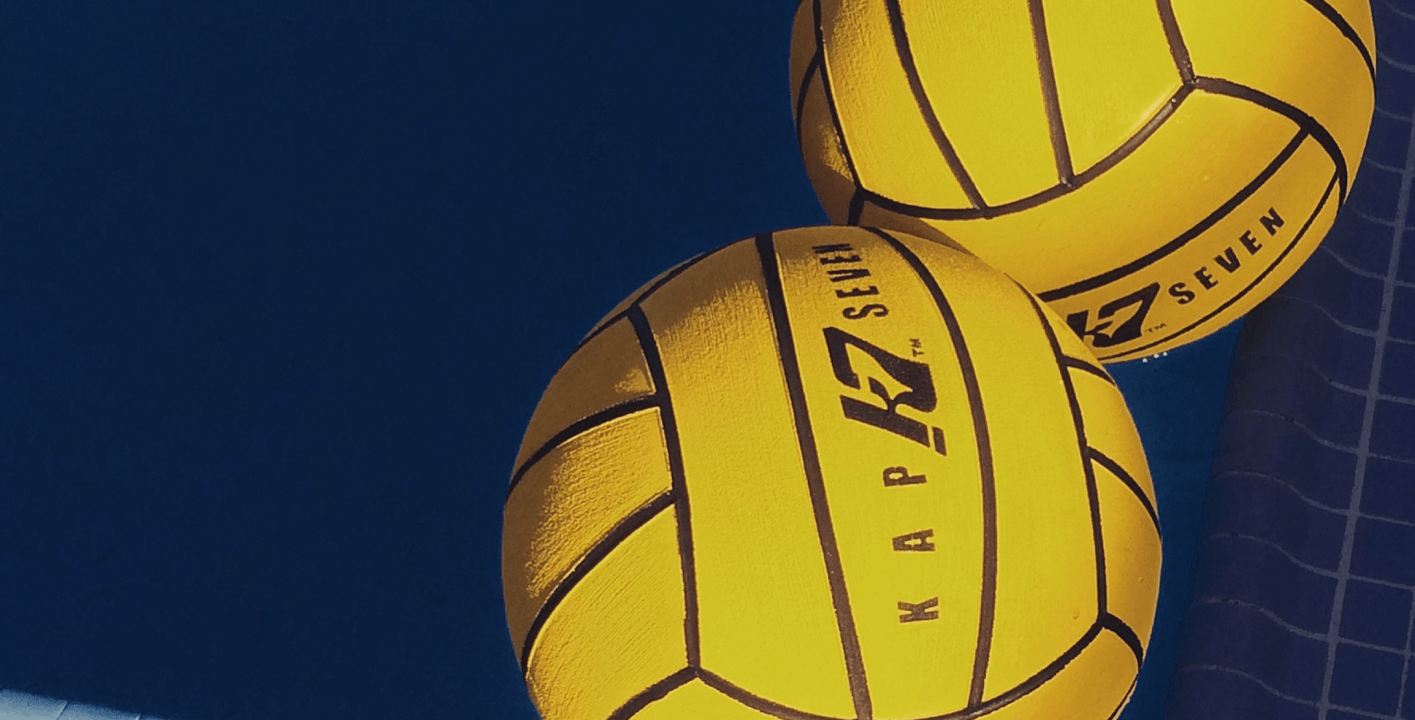The temporary suspension issues in March to Russian water polo player Alexey Bugaychuk has been lifted, the Russian Water Polo Federation told Russian state-owned news agency TASS on Friday.
“Bugaychuk;s temporary suspension has been lifted,” a spokesperson said simply.
Bugaychuk was suspended while proceedings were under way following a positive test on January 18th at the European Water Polo Championships. The positive test was announced in March and accompanied by a temporary suspension, however the World Anti-Doping Agency announced on April 13th that the concentration of less than one microgram of the substance in the body was acceptable in tests conducted before March 1st.
The justification for the ruling by WADA is that the ban on the drug, which went into effect on January 1, was only announced in October, and that athletes who stopped taking the drug in late 2015 could still have trace of it in their systems in 2016.
While remaining legal and available for purchase by the Russian public, WADA outlawed the drug after they decided that athletes were using it to gain an advantage. The substance was first developed as a means to improve endurance in Soviet-era soldiers carrying large packs in high-altitude, low-oxygen environments, and has since found use in treating certain heart conditions.
No decision has yet been announced on the temporary suspension of World Record holding swimmer Yulia Efimova, who also tested positive for meldonium in January and is facing a lifetime ban. The Russian Swimming Federation, however, did alter its Olympic qualification rules to allow in a case like Efimova a chance to bump a second-place qualifier for the Olympic Games, in the event that their absence from Trials was from conditions outside of their control.
No women were under the Olympic qualifying time in the 100 breaststroke, where Daria Chikunova missed the standard by .01 seconds; in a twist of fate, Chikunova was the second-place swimmer in the 200 breaststroke, and while under the Olympic qualifying time, would be bumped by Efimova’s 2:21.41 from the Arena Pro Swim Series meet in Orlando, at the discretion of Russian officials.
If Efimova’s suspension is also lifted and she’s allowed to return to competition, a consideration for the Russian Federation could be to allow Efimova the second spot in the 200 breaststroke, and leave Chikunova on the team to swim alongside Efimova in the 100 breaststroke.
In the other highest-profile Russian meldonium case, former #1 world-ranked tennis player Maria Sharapova, who announced a positive test of her own, is not on the entry lists for the upcoming French Open. The ITF, tennis’ governing body, says that it would take WADA’s recommendation into consideration when arbitrating her case.
